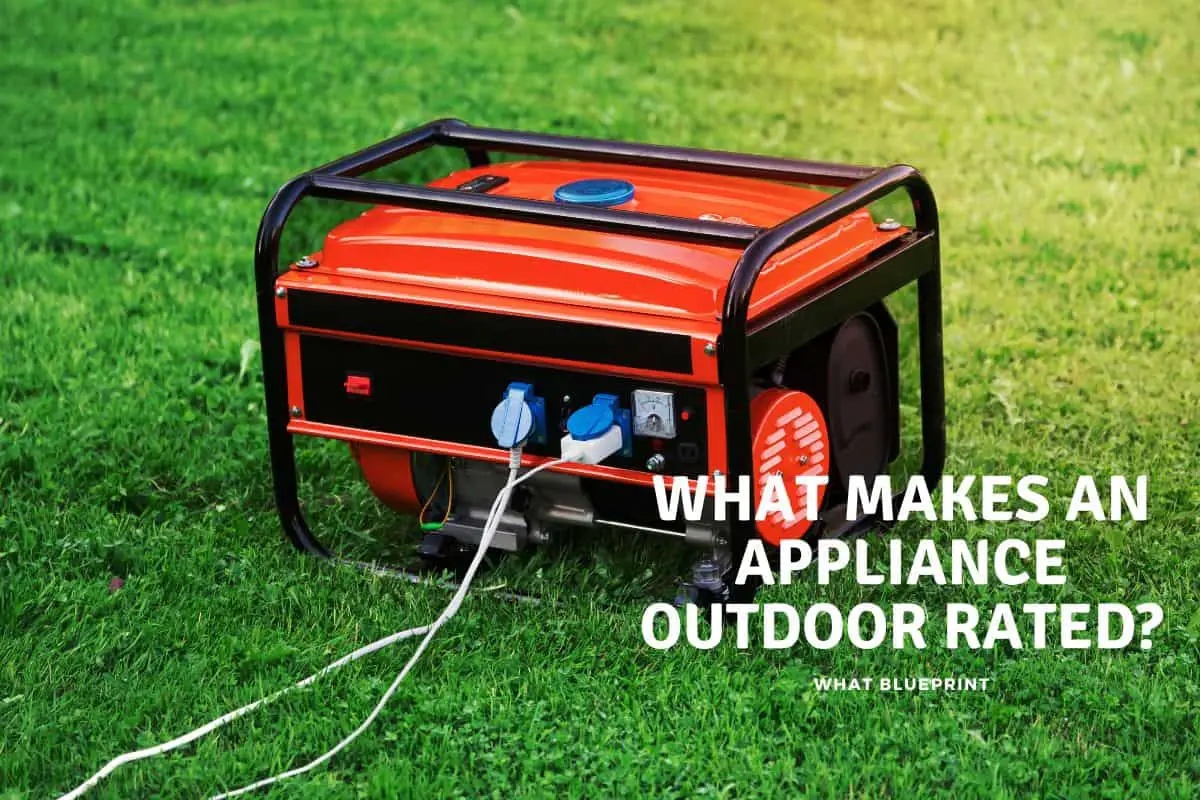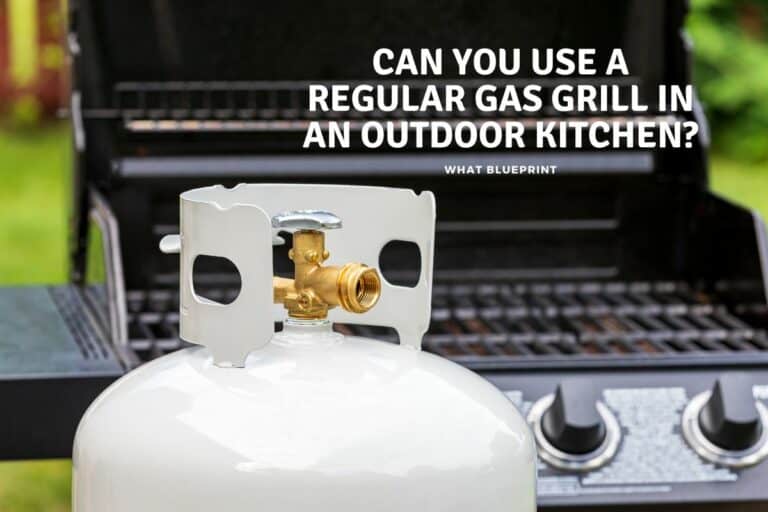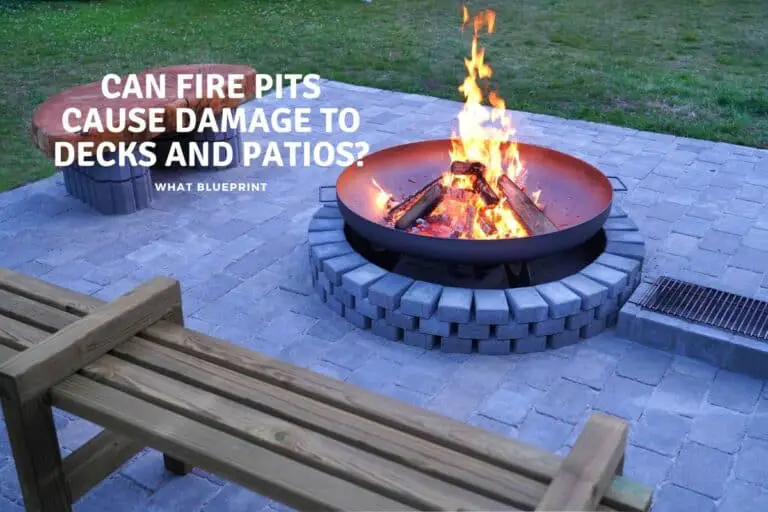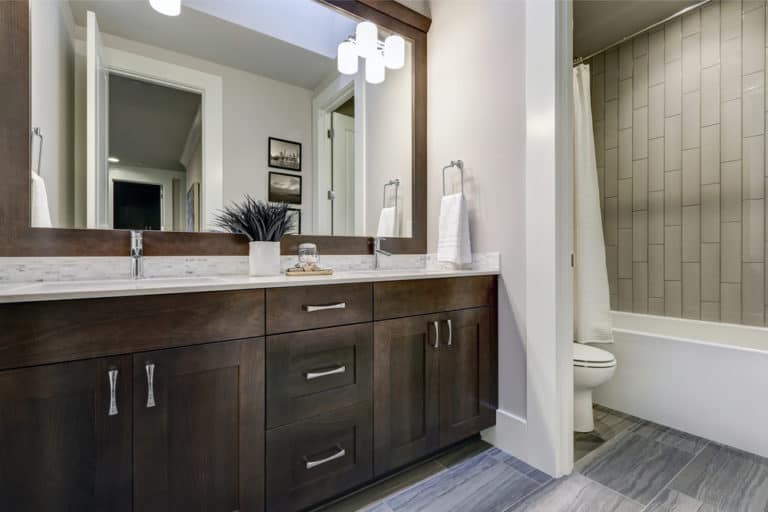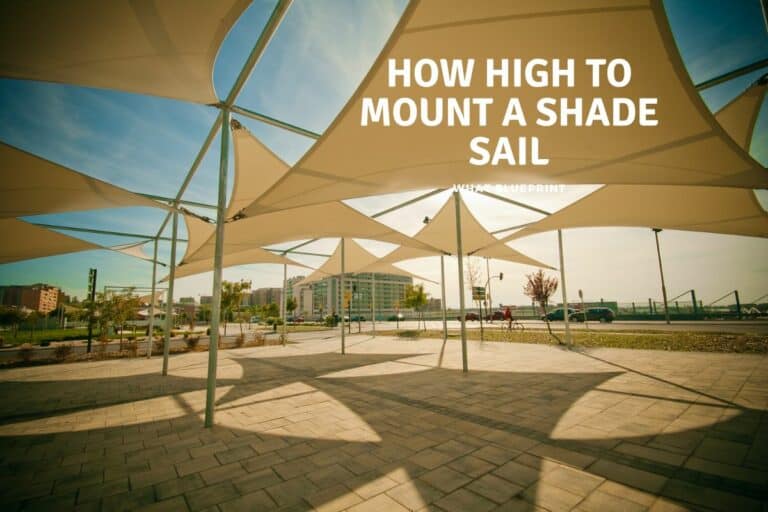What Makes An Appliance Outdoor Rated?
Building for the outdoors can be quite a hassle sometimes, especially since you have to buy specific materials. The main concern of most homeowners is the possibility of deterioration from environmental factors. So manufactures will build in protection for outside appliances and furniture, and these are often assigned a rating. In this article we take a look at what makes an appliance outdoor rated.
An appliance is considered outdoor rated once it meets a certain standard of durability and functionality within an outdoor environment. Properties such as moisture resistance, water resistance, etc are found in outdoor appliances, and they are often assigned a number on the IP Scale.
Protecting our appliances helps them function better and last longer. Outdoor appliances also have features that allow them to better adjust to outdoor spaces for use and are designed to operate not just in damper but also in harsher conditions as well. What Makes An Appliance Outdoor Rated?
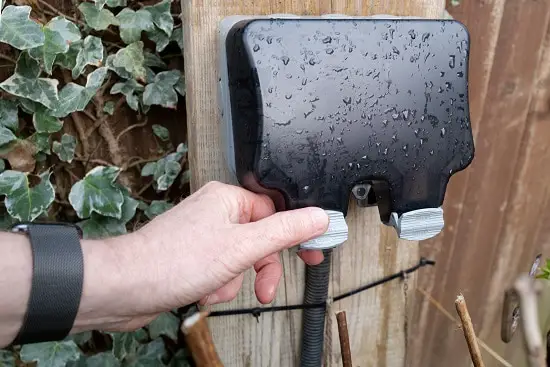
Outdoor-rated appliances are specifically designed to handle environmental factors that can damage them while providing features that make them more convenient for homeowners.
Here’s a list of things that most manufacturers keep in mind for outdoor protection:
- Corrosion
- Decay
- Pests
- Moisture & Water
- Electricity
- Gas
- Insulation
Aside from just these, manufacturers tend to build unique features for appliances specific to outdoor use, whether through easier cleaning, ease of installation, etc.
Manufacturers also use IP ratings to quantify how well protected an object is from foreign objects(Ex. Dust, water, etc.). An IP rating is often labeled with two separate digits, with each number pertaining to a level of protection.
The two digits contained in an IP rating refer to the protection from solids and liquids, respectively. The ratings range from 0-6, with 6 being the highest form of protection possible. For outdoor spaces, you should look for appliances with an IP rating of at least 44 for outdoor usage.
Outdoor Rated vs. Indoor Rated Appliances
More often than not, outdoor appliances tend to be more costly compared to their indoor counterparts. Certain appliances do not have an outdoor version so you’re going to have to look for a higher IP rating for these cases.
The main difference between the two lies in how they are built. An outdoor version of an appliance can be different in entire ways whether in:
- Material Used
Outdoor appliances tend to use materials that are more durable for outdoor conditions. An example is using stainless steel that is rated higher against corrosion.
- Assembly
Outdoor appliances also tend to be built differently. For example, an outdoor refrigerator is constructed to prevent its parts from getting wet in case it gets rained on.
Indoor appliances usually have a low IP rating of IP33 and below, while outdoor appliances will have a higher rating of at least IP 44 and above.
- Function
Function plays a significant role in how appliances are designed. We only need that durability factor with a few more features for the outdoors.
You can’t use indoor-rated appliances outdoors because they simply won’t last. Deterioration can make an appliance’s performance unreliable, which can also be dangerous.
Do I need to use Outdoor Rated Appliances always?
You do not need not necessarily need to use outdoor-rated appliances all the time in the outdoors. Not every manufacturer builds their appliances with an outdoor-rated version, so we’ll have to learn how to make do with indoor appliances outdoors.
Most indoor-only appliances tend to be the smaller ones we use in kitchens (Ex. Coffee makers, air fryers, turbo boilers, etc.). The closest thing you’ll find for outdoor rated is marine-grade, which is used for boats.
The main important thing, and why we look for outdoor rated in the first place, is to ensure that your appliances are protected and last in the outdoors. As long as you can meet that requirement, there’s no reason why you can’t use indoor appliances outdoors in the case of smaller appliances just remember to bring them inside when finished and to not leave them out in the rain.
Larger appliances are a different story. Since most of these appliances are often built in, such as ovens, you’ll need to have an outdoor-rated version that can last, and these are often designed and built specifically for use in the outdoors.
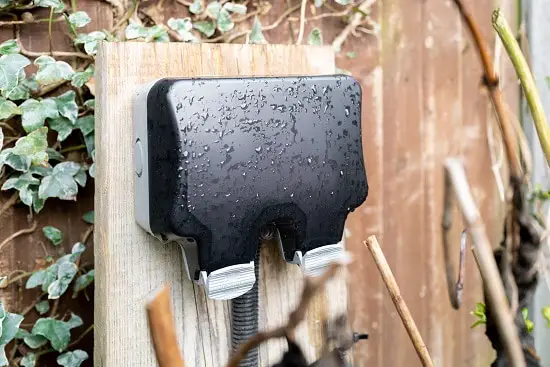
How to protect outdoor appliances
It’s not only enough that our appliances are outdoor rated. They may be built to withstand the weather better, but it doesn’t mean they are immune to it. It’s also important that how we make our spaces is complementary to what we want to put inside them.
For any fixed outdoor space with appliances, you’ll need to follow:
- Roofing
Protects our appliances from rain and direct sunlight. Ideally, you want to keep your appliances away from where your outdoor roof would let in water, so towards the back of the cover would be better
- Utilities
Provides for our appliances to be able to function correctly. It should be noted that electrical systems for outdoor use should be adequately grounded. A GCFI in your outlet and appliance will protect it from any surcharge and if power outlets are outside they should be covered and rated for outdoor use.
- Foundations
Ensures that our appliances remain level and won’t sink into the ground, especially if they use water or fire liek ovens, ice makers and sinks etc.
- Floor and Floor area
Ensures enough space for us to use and maintain our appliances properly. Appliances used too close to one another might malfunction (Ex. Oven next to refrigerator). If you are planning an outdoor kitchen then keeping items in their own areas is preferable, not just for when they are in use but if they are kept outside then if one area suffers damage the other area should be far enough away to avoid it.
- Good maintenance practices
Even if these outdoor appliances are made to last, maintenance helps keep them in tiptop shape and performance. Remember to read instructions manuals properly and ensure you use your appliances optimally including regular servicing when needed, or when not used for an extended amount of time.
- Material Selection
Certain materials are more durable in outdoor conditions than others. For example, aluminum is more corrosive proof compared to regular galvanized iron, however most purpose built outdoor appliances will have these elements designed in.
- Drainage
Preventing water from flooding our outdoor spaces is essential in keeping them functioning, so ensure attention to drainage is paid.
You can read more about outdoor appliances, especially kitchens, in the articles below and throughout our site.
Conclusion
An appliance that is outdoor rated is built differently for its ability to withstand outdoor conditions. This is done through either changing the materials used, the design of the product itself, or changing how the product is built to suit this purpose better.
Although purpose built appliances will be rated for outdoor use it is still beneficial to take care of them like any other product you buy. Being more robust does nto mean they are unbreakable and with the extra cost outdoor rated appliances come with, you can help protect them and make them last a little longer, saving both your time and your money.

